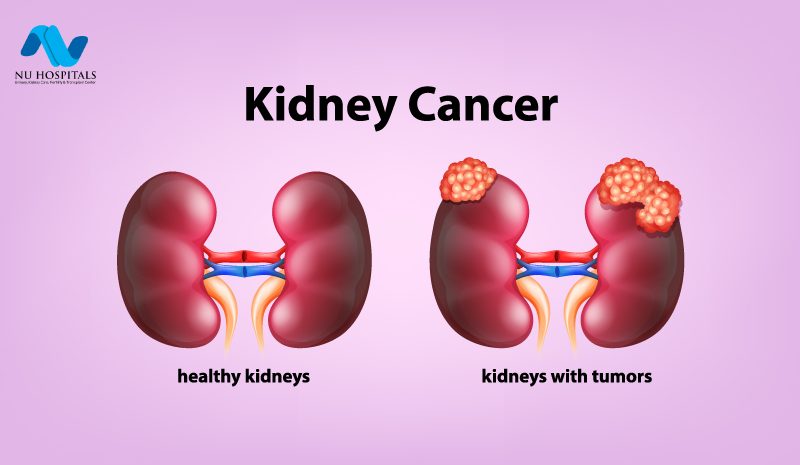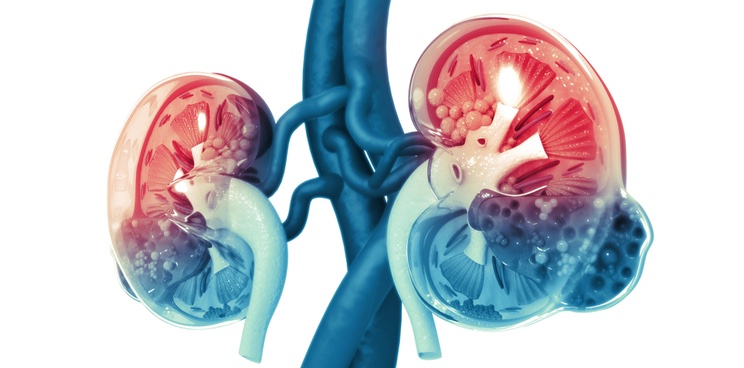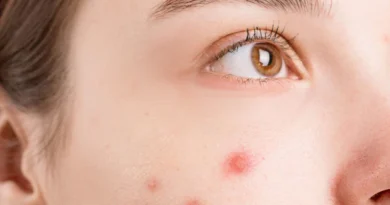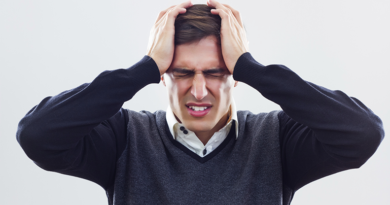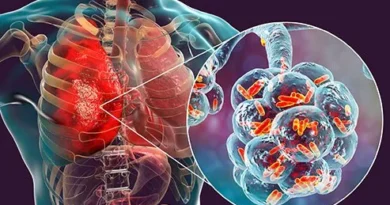Kidney Diseases
Importance of Kidneys
The kidneys are a pair of bean-shaped organs on either side of your spine, below your ribs and behind your belly. Each kidney is about 4 or 5 inches long, roughly the size of a large fist.
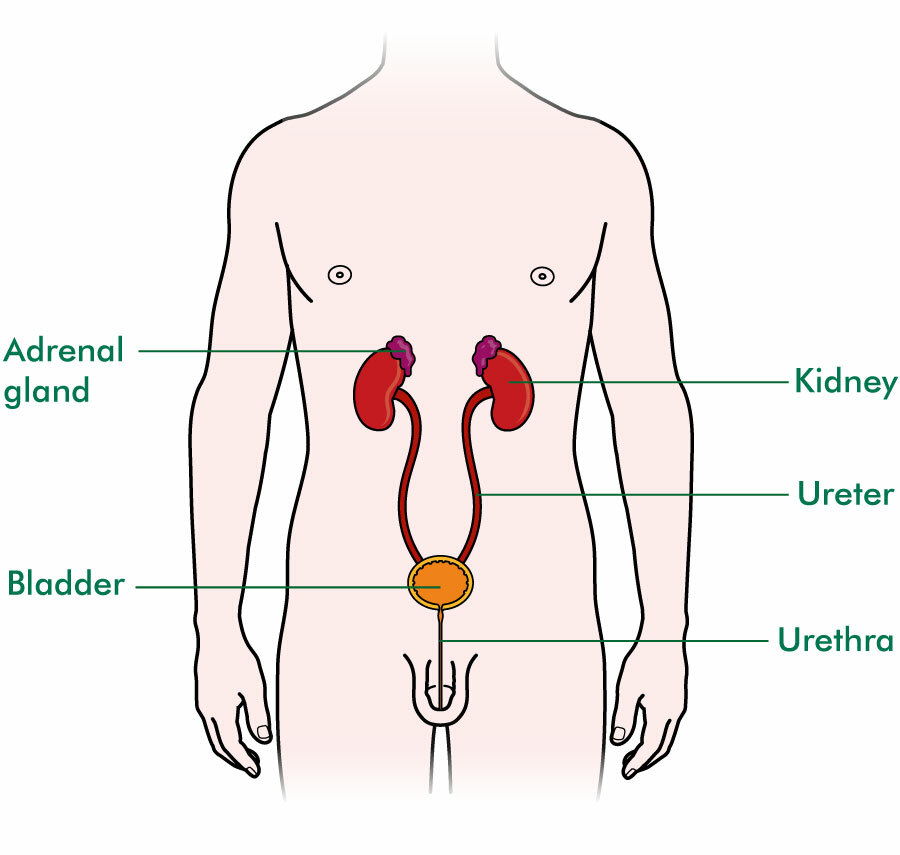
Healthy kidneys:
- Keep a balance of water and minerals (such as sodium, potassium, and phosphorus) in your blood.
- Remove waste from your blood after digestion, muscle activity, and exposure to chemicals or medications.
- Make renin, which your body uses to help manage your blood pressure.
- Make a chemical called erythropoietin, which prompts your body to make red blood cells.
- Make an active form of vitamin D, needed for bone health and other things.
Each kidney has around a million tiny filters called nephrons. You could have only 10% of your kidneys working, and you may not notice any symptoms or problems. If blood stops flowing into a kidney, part or all of it could die. That can lead to kidney failure.
Its easy to take your kidneys for granted but they work around the clock like a high tech, non stop water filter for your blood. They process upto 150 litres of blood every 24 hours just to make 1-2 litres of urine you pee out each day. If kidneys don’t function properly, metabolic waste products can accumulate in blood and eventually lead to symptoms like weakness, shortness of breath, confusion and abnormal heart rhythms.
What Is Kidney Disease?
Kidney disease can affect your body’s ability to clean your blood, filter extra water out of your blood, and help control your blood pressure. It can also affect red blood cell production and vitamin D metabolism needed for bone health.
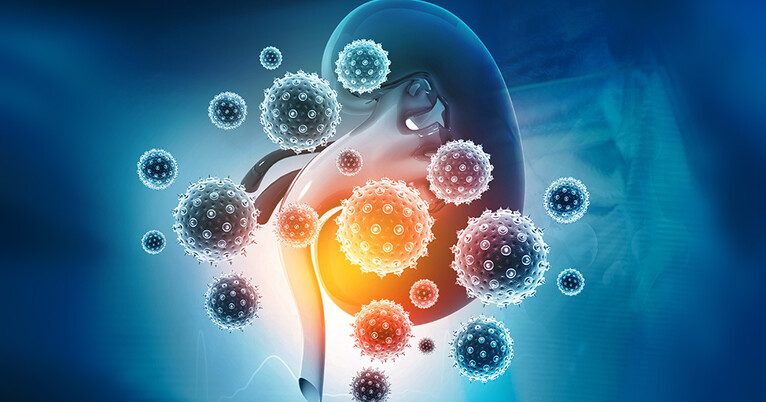
When your kidneys are damaged, waste products and fluid can build up in your body. That can cause swelling in your ankles, nausea, weakness, poor sleep, and shortness of breath. Without treatment, the damage can get worse and your kidneys may eventually stop working. That’s serious, and it can be life-threatening. You are at greater risk for kidney disease if you have diabetes or high blood pressure. If you experience kidney failure, treatments include kidney transplant (new kidney) or dialysis (a process by which a machine artificially filters the blood. The average life expectancy of a person on dialysis is less than three years.). Other kidney problems include acute kidney injury, kidney cysts, kidney stones, and kidney infections.
How Does Kidney Fail ?
Your kidneys can fail suddenly in response to certain toxins, infections or urinary blockage but most of the kidney diseases are characterized by a gradual loss of function overtime. If kidneys are leaking protein into urine, it’s a sign that they may be starting to fail. Three specific dietary components associated with declining kidney functions are Animal protein, animal fat and cholesterol. Excess table sugar and high fructose corn syrup consumption is associated with increased blood pressure and uric acid levels, both of which can damage the kidney. The saturated fat, trans fat, and cholesterol found in animal products and junk food are also associated with impaired kidney function, and meat protein increases the acid load to the kidneys, boosting ammonia production and potentially damaging our sensitive kidney cells.
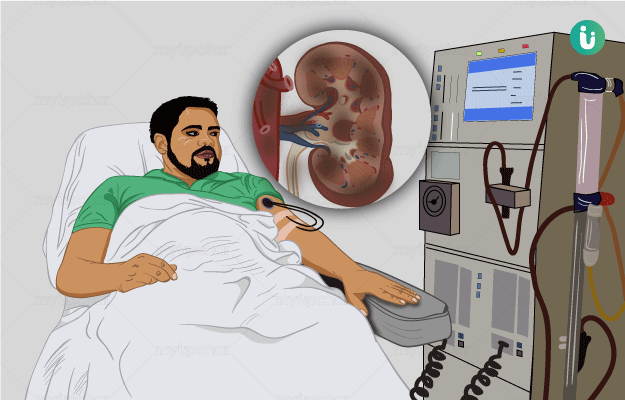
All proteins doesn’t have same effect. High animal protein intake can have a profound influence on normal human kidney function by inducing a state called hyperfilteration, a dramatic increase in the workload of kidney. The overload is okay if it happens occasionally. Animal proteins (from beef, chicken and fish) cause overload action because of the inflammation animal products can cause but plant protein doesn’t. Also animal proteins generally forms more acid (high levels of sulphur containing amino acids such as methionine, which produce sulfuric acid when metabolized in the body). Fruits and vegetables on the other hand are generally base forming, which help neutralize acids in our kidneys. To buffer the excess acid formed by your diet, kidneys produce ammonia, which is a base and can neutralize some of that acid but in long term, all extra ammonia in kidneys may have a toxic effect.
Under normal circumstances, a vegetarian diet alkalinizes the kidneys whereas a non veg. Diet carries an acid load. So, if unwilling to reduce meat consumption, eat more fruits and vegetables to balance out acid load. Sodium bicarbonate (alkaline) is given by doctors in case of excess acid but it contains Sodium which itself contribute to kidney damage in long term.
Various Causes of Kidney Diseases
Acute kidney disease causes
If your kidneys suddenly stop working, doctors call it acute kidney injury or acute renal failure. The main causes are:
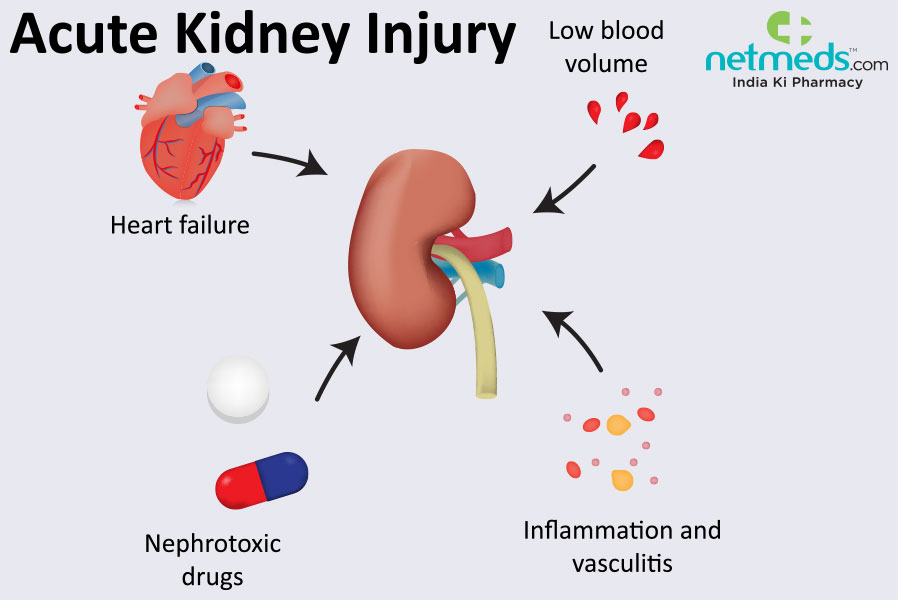
- Not enough blood flow to the kidneys
- Direct damage to the kidneys
- Urine backed up in the kidneys
Those things can happen when you:
- Have a traumatic injury with blood loss, such as in a car wreck
- Are dehydrated or your muscle tissue breaks down, sending too much protein into your bloodstream
- Go into shock because you have a severe infection called sepsis
- Have an enlarged prostate that blocks your urine flow
- Take certain drugs or are around certain toxins that directly damage the kidney
- Have complications during a pregnancy, such as eclampsia and preeclampsia
Autoimmune diseases — when your immune system attacks your body — can also cause an acute kidney injury. People with severe heart or liver failure commonly go into acute kidney injury as well.
Chronic kidney disease causes
When your kidneys don’t work well for longer than 3 months, doctors call it chronic kidney disease. You may not have any symptoms in the early stages, but that’s when it’s simpler to treat.
Diabetes (types 1 and 2) and high blood pressure are the most common culprits. High blood sugar levels over time can harm your kidneys. And high blood pressure creates wear and tear on your blood vessels, including those that go to your kidneys.

Other conditions include:
- Immune system diseases (If you have kidney disease due to lupus, your doctor will call it lupus nephritis.)
- Long-lasting viral illnesses, such as HIV and AIDS, hepatitis B, and hepatitis C
- Pyelonephritis, a urinary tract infection within the kidneys, which can result in scarring as the infection heals. It can lead to kidney damage if it happens several times.
- Inflammation in the tiny filters (glomeruli) in your kidneys. This can happen after a strep infection.
- Polycystic kidney disease, a genetic condition where fluid-filled sacs form in your kidneys
Defects present at birth can block the urinary tract or affect the kidneys. One of the most common ones involves a kind of valve between the bladder and urethra. A urologist can often do surgery to repair these problems, which may be found while the baby is still in the womb.
Drugs and toxins — such as lead poisoning, long-term use of some medications including NSAIDs (nonsteroidal anti-inflammatory drugs) like ibuprofen and naproxen, and IV street drugs — can permanently damage your kidneys. So can being around some types of chemicals over time.
Kidney Disease Symptoms
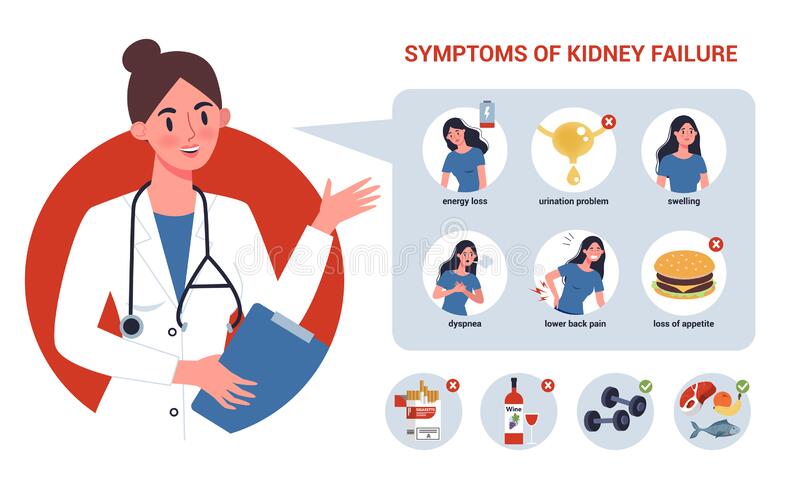
Your kidneys are very adaptable. They can compensate for some of the problems that can happen when you have kidney disease. So if your kidney damage gets worse slowly, your symptoms will reveal themselves slowly over time. In fact, you may not feel symptoms until your disease is advanced.
You might have:
- High blood pressure
- Nausea and vomiting
- Loss of appetite
- A metallic taste in your mouth
- Fatigue
- Weakness
- Trouble thinking
- Sleep issues
- Muscle twitches and cramps
- Swelling in your feet and ankles
- Itching that won’t go away
- Chest pain, if fluid builds up around the lining of the heart
- Shortness of breath, if fluid builds up in the lungs
Kidney Disease Diagnosis
Your doctor will start by asking questions about your family medical history, which medications you’re taking, and if you notice that you’re peeing more or less than normal. After that, they’ll do a physical exam.
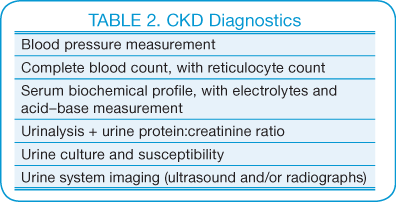
You also may have:
- Blood tests, to see how much waste product is in your blood
- Urine tests, to check for kidney failure
- Imaging tests, like an ultrasound, to let the doctor see your kidneys
- A kidney biopsy, where tissue from your kidney is sent to a lab for testing to try and figure out the cause of your kidney issues.
Kidney Disease Treatment
Some forms of kidney disease are treatable. The goals of these treatments are to ease symptoms, help keep the disease from getting worse, and lessen complications. In some cases, your treatment may help restore some of your kidney function. There is no cure for chronic kidney disease.
The plan you and your doctor will decide on will depend on what’s causing your kidney disease. In some cases, even when the cause of your condition is controlled, your kidney disease will worsen. Once your kidneys can’t keep up with waste on their own, you’ll have treatment for end-stage kidney disease. This can include:
Dialysis
Waste and extra fluid are taken out of your body when your kidneys can’t do it anymore. There are two types:
- Hemodialysis, where a machine removes the waste and extra fluids from your blood
- Peritoneal dialysis, which involves inserting a thin tube called a catheter into your abdomen. Then, a solution goes into your abdomen that absorbs the waste and fluids. After a while, the solution drains from your body.

Kidney transplant
A surgeon replaces your kidney with a healthy one from a donor. This donor can be living or deceased. After the procedure, you take medicine for the rest of your life to make sure that your body doesn’t reject your new kidney.
What are Kidney Stones ?
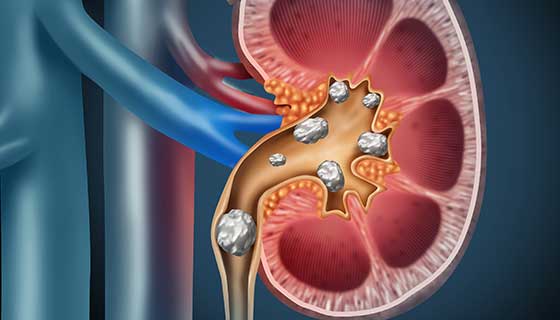
These are the hard mineral deposits formed in the kidneys when the concentration of certain stone-forming substances in your urine becomes so high they start to crystallize. These crystals grow to become pebble sized rocks that block the flow of the urine, causing severe pain that tends to radiate from one side of the lower back towards the groin. They can pass naturally, but some become so large that they have to be removed surgically.
For many years, doctors assumed that because the stones are made up of calcium, they should counsel their patients to simply reduce their calcium intake. But later study found that eating less meat and salt was about twice as effective as the conventionally prescribed low-calcium diet, cutting kidney stone risk by half. Also reduction in animal protein lowers uric acid buildup, which can form crystals that seed calcium stones or form stones all by itself.
When the urine is more alkaline, stones are less likely to form. So, less meat and more fruits and vegetables. Acidic producing foods are Fish (including tuna fish), pork, poultry, cheese, beef, eggs and rice. Alkaline producing foods are Beans, fruits and vegetables.
Diet to Prevent Kidney Disease
Preventing excess Phosphorus intake
Excess phosphorus may increase the risk of Kidney failure, heart failure, heart attacks and premature death. Excess phosphorus also appears to damage our blood vessels and accelerate ageing and bone loss. Both plant and animal foods contain Phosphorus. But its not how much you eat but how much you absorb. Phosphorus present in animal foods appears in the form of a compound called phosphate, which is absorbed into bloodstream more readily that phytate, the predominant form of phosphorus in plant foods. Phosphorus is also added in Coca-cola, meat etc. to enhance their colours which is very dangerous.
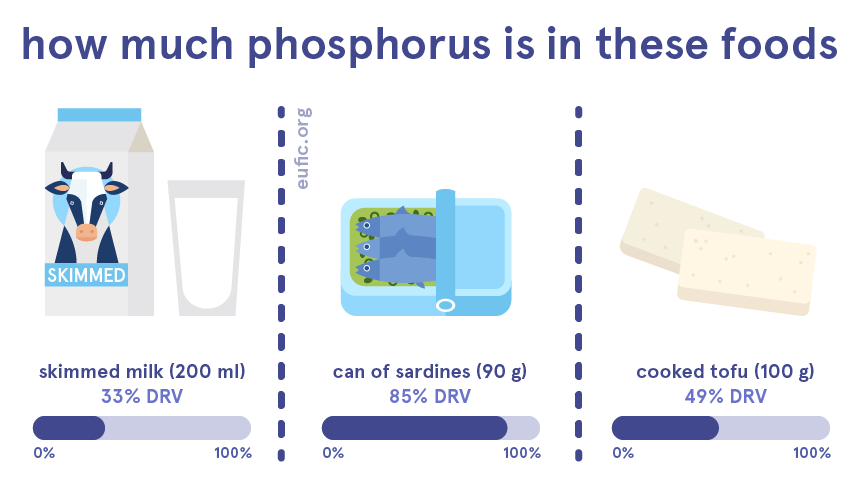
Diet against Kidney Cancer
The only accepted risk factor for kidney cancer has been tobacco use. A class of carcinogens in cigarette smoke called nitrosamines are considered to be so harmful that even so-called third hand smoke is a concern. The risk of tobacco smoke do not end when a cigarette is extinguished, as residual smoke can stick to walls and other surfaces. Around 80 percent of nitrosamines from cigarette smoke can remain in a room, even with normal ventilation, so always try to choose smoke free hotel rooms. One hot dog has as many nitrosamines as four cigarettes. These are also found in fresh meat, including beef, chicken and pork.
